I'm working on replication data from MySQL to elasticsearch so I'm using logstash to do replication but the problem is that in mysql there is a product table that has many relations and select query contain 46 left outer join so result returned is very huge it returns around 50000 (50k) rows for only single record of table product and that makes replication performance is slow, so I need to ask if there some other solution for doing the replication and how I can to solve performance issue with huge result
sample of product with its relations (not all ) :

and that's elasticsearch mapping :
